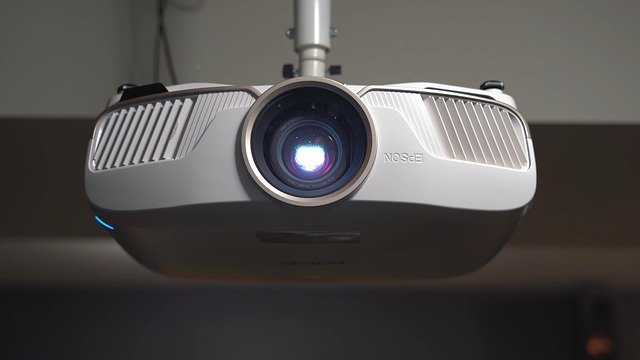Understanding Reverse Mortgages: A Complete Guide for Senior Homeowners
A reverse mortgage is a specialized loan product that allows homeowners aged 62 and older to convert their home equity into cash while maintaining ownership of their property. Unlike traditional mortgages, reverse mortgages don't require monthly payments - instead, the loan balance is repaid when the homeowner moves out, sells the home, or passes away. This financial tool has become increasingly popular among seniors seeking to supplement their retirement income.

Key Requirements for Qualifying
To qualify for a reverse mortgage, homeowners must meet specific criteria. The primary borrower must be at least 62 years old, own their home outright or have substantial equity, and use the property as their primary residence. Additionally, they must maintain the home, pay property taxes, and keep current on homeowner’s insurance to remain in good standing with the loan.
Benefits and Financial Implications
Reverse mortgages can provide senior homeowners with valuable financial flexibility. The money can be received as a lump sum, monthly payments, a line of credit, or a combination of these options. These funds can help cover living expenses, healthcare costs, home repairs, or other needs without requiring monthly loan payments.
Understanding the Costs
| Cost Type | Typical Range | Description |
|---|---|---|
| Origination Fee | $2,500-6,000 | Based on home value |
| Mortgage Insurance | 2% upfront, 0.5% annually | Based on loan amount |
| Third-party Fees | $1,000-2,500 | Appraisal, title search, etc. |
| Interest Rate | 3.5-5.5% | Variable or fixed rates available |
Prices, rates, or cost estimates mentioned in this article are based on the latest available information but may change over time. Independent research is advised before making financial decisions.
Potential Risks and Considerations
While reverse mortgages can provide financial relief, they come with important considerations. The loan balance increases over time, potentially impacting inheritance plans. Additionally, homeowners must continue paying property taxes, insurance, and maintenance costs to avoid default. Moving out of the home for more than 12 months typically triggers loan repayment.
Impact on Heirs and Estate Planning
Family members should understand how a reverse mortgage affects inheritance. When the loan becomes due, heirs have several options: they can pay off the loan and keep the house, sell the house to repay the loan and keep any remaining equity, or let the lender sell the property. Any remaining equity after the sale belongs to the heirs, but they are not personally responsible for any shortfall if the home sells for less than the loan balance.
A reverse mortgage can be a valuable financial tool for senior homeowners, but it requires careful consideration of long-term implications, costs, and alternatives. Understanding all aspects of this financial product helps ensure it aligns with both immediate needs and future plans.






